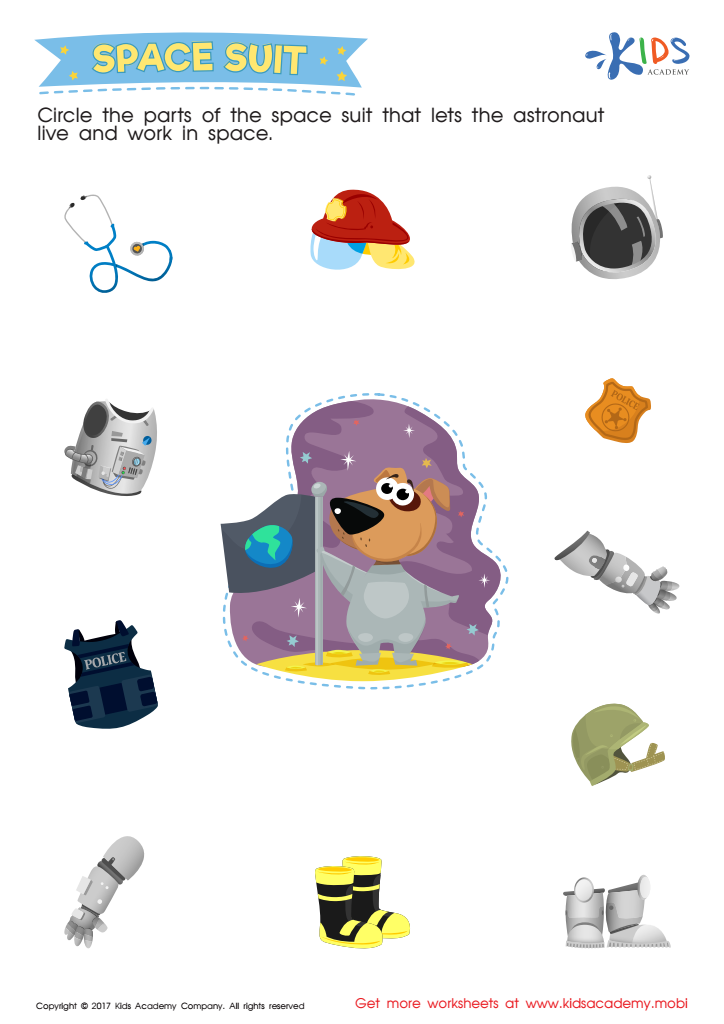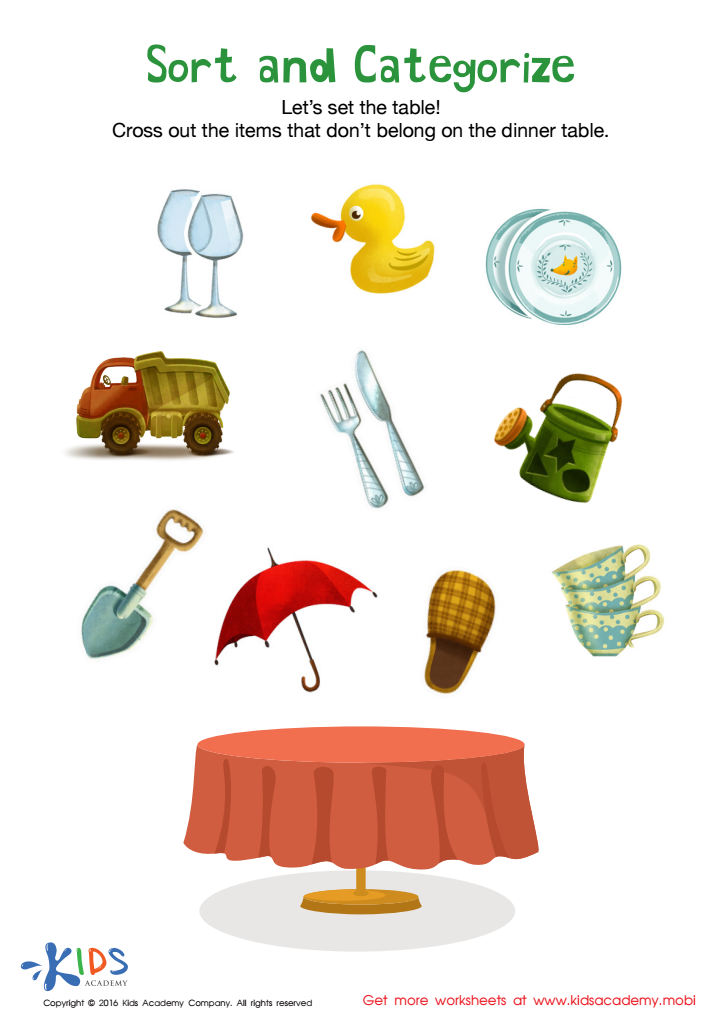Critical Thinking Normal Worksheets for Ages 3-4
38 filtered results
-
From - To
Unlock your child's potential with our "Critical Thinking Normal Worksheets for Ages 3-4". Designed to spark curiosity and develop cognitive skills, these engaging worksheets provide an exciting way for preschoolers to enhance their problem-solving abilities. Through fun and colorful activities, young learners practice identifying patterns, comparing objects, and making logical connections. Created by experts in early childhood education, our worksheets ensure age-appropriate challenges that foster intellectual growth. Perfect for parents and educators seeking to give their kids a head start, these critical thinking exercises build a strong foundation for future learning. Explore now and inspire a love of learning!
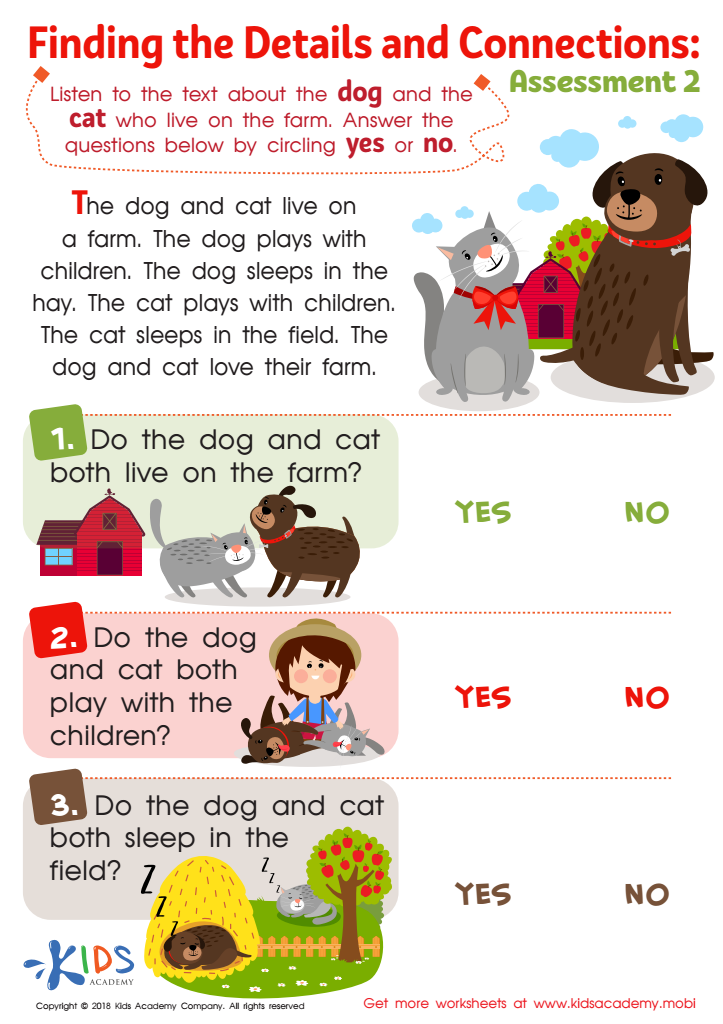

Finding the Details and Connections: Assessment 2 Worksheet
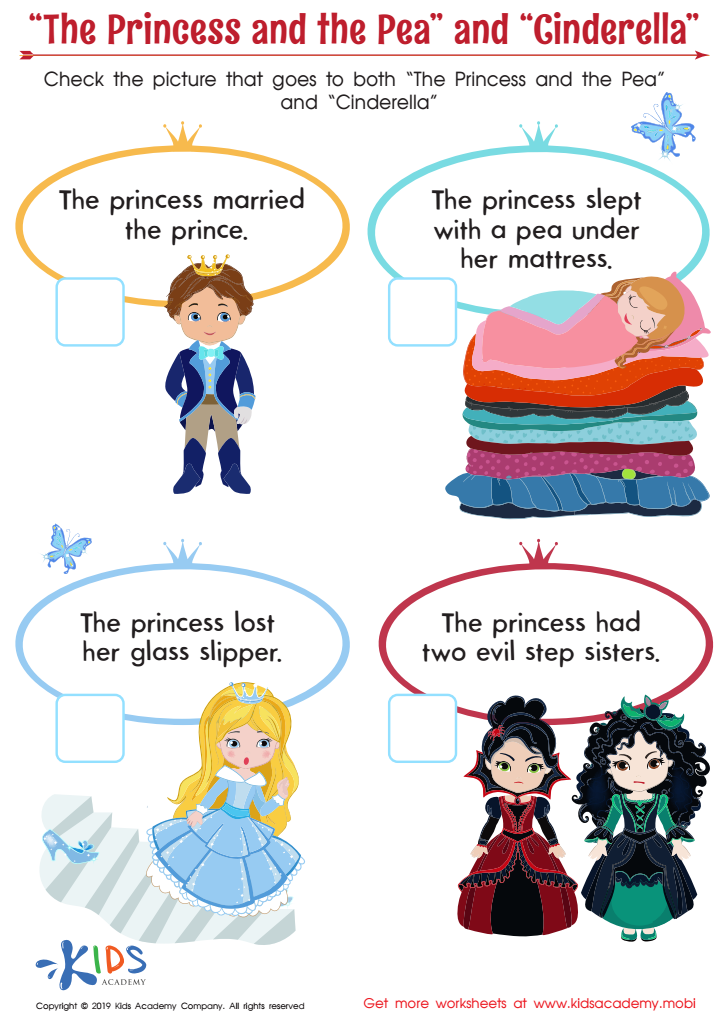

“The Princess and the Pea” and “Cinderella” Worksheet
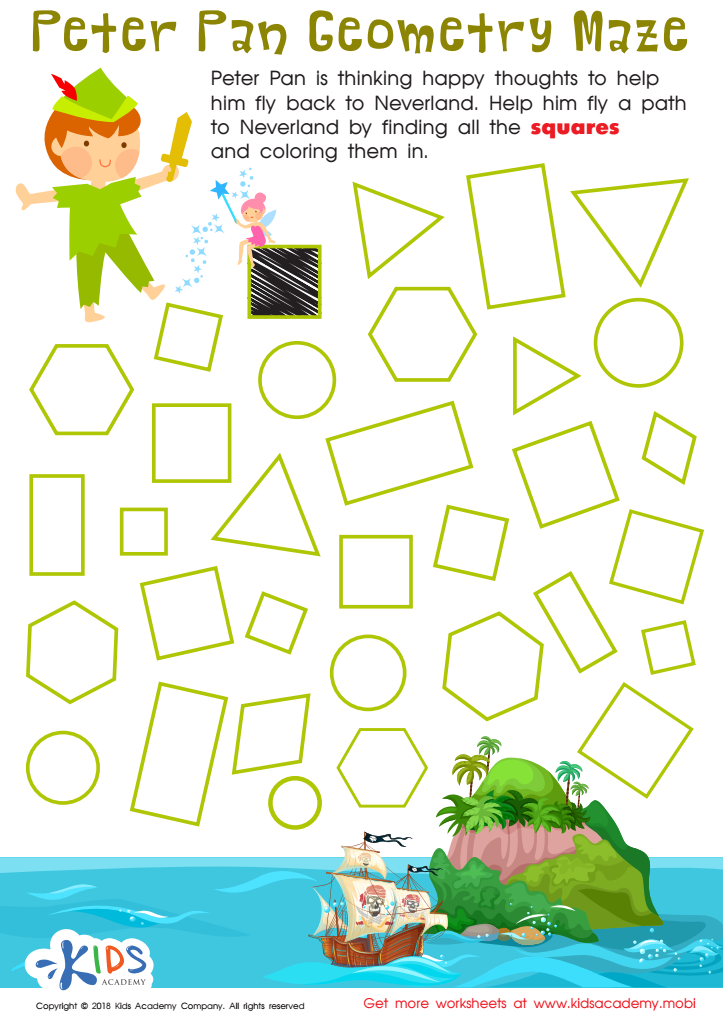

Peter Pan Worksheet


Tricky Problems Worksheet: Part 1


Sorting Animals in 3 Groups Worksheet
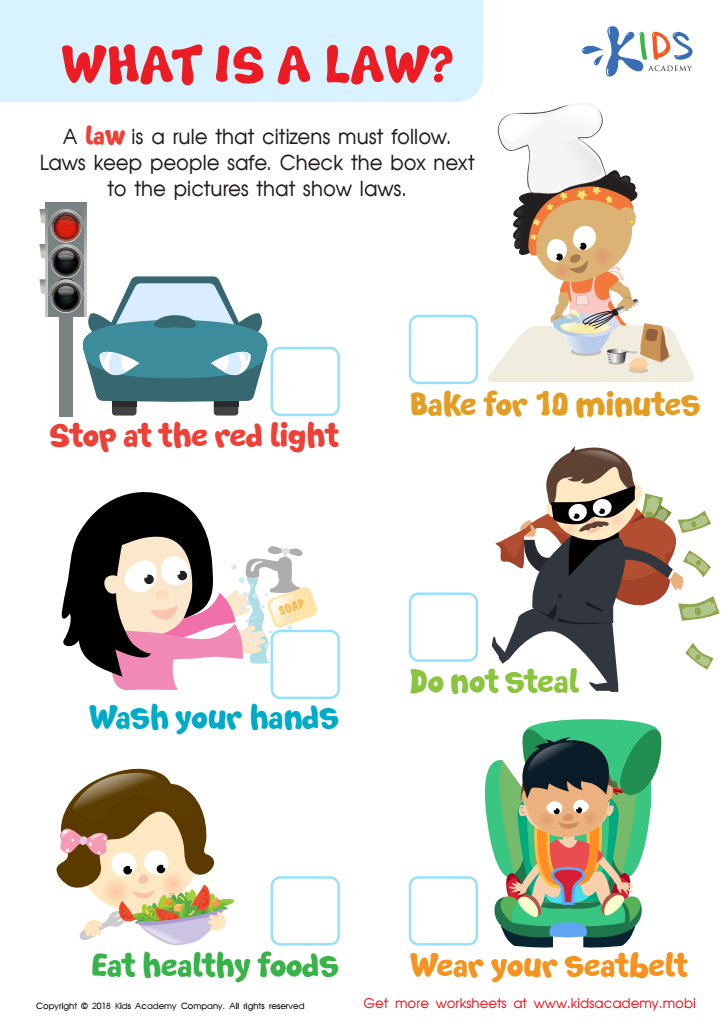

What is a Law? Worksheet
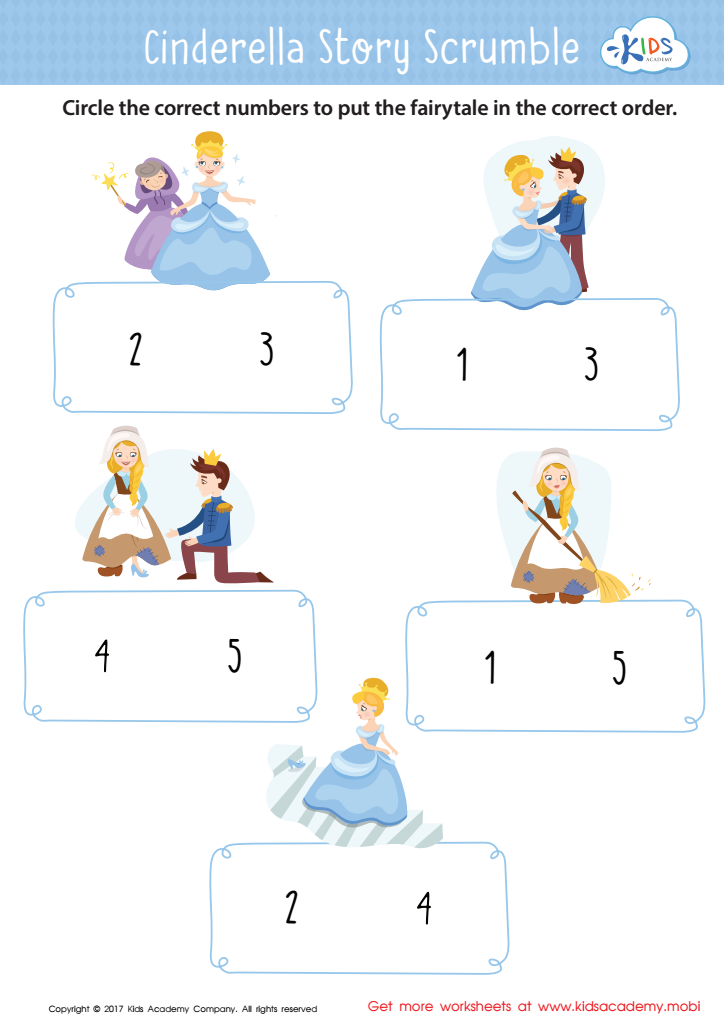

Cinderella Story Sequencing Worksheet
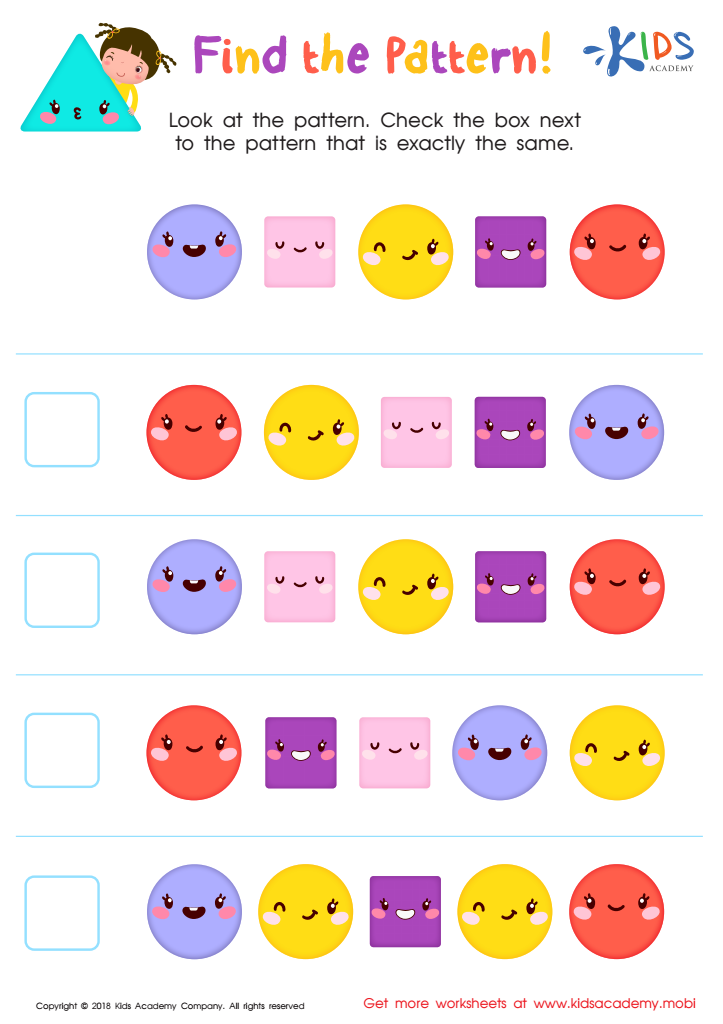

Find the Pattern Worksheet


Herbivores Printable
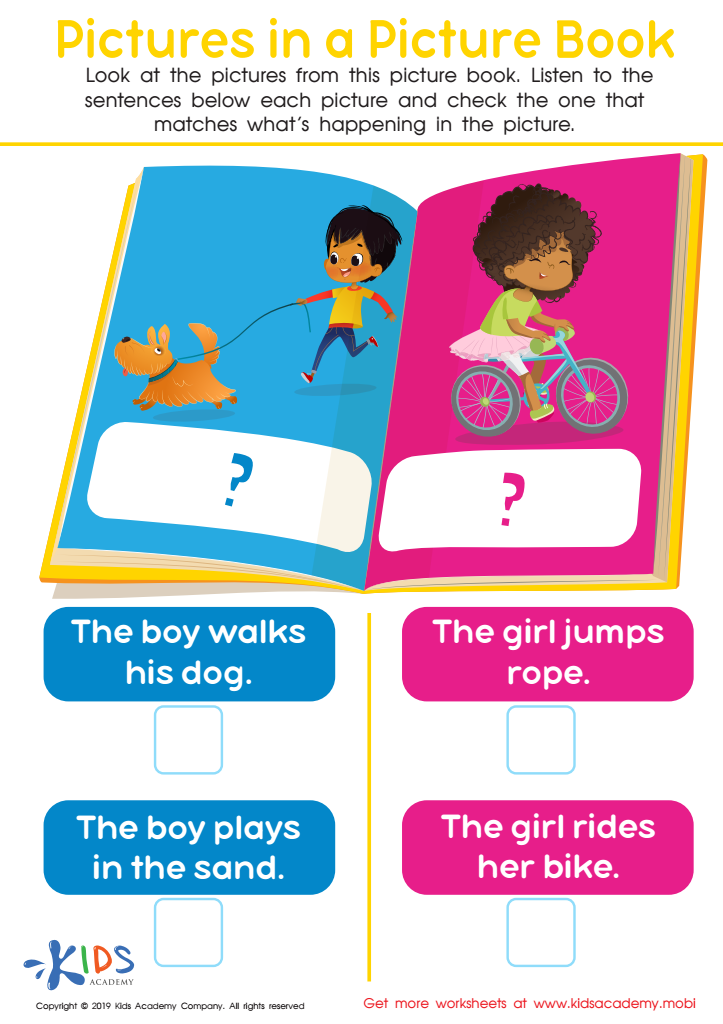

Picture in Books Worksheet
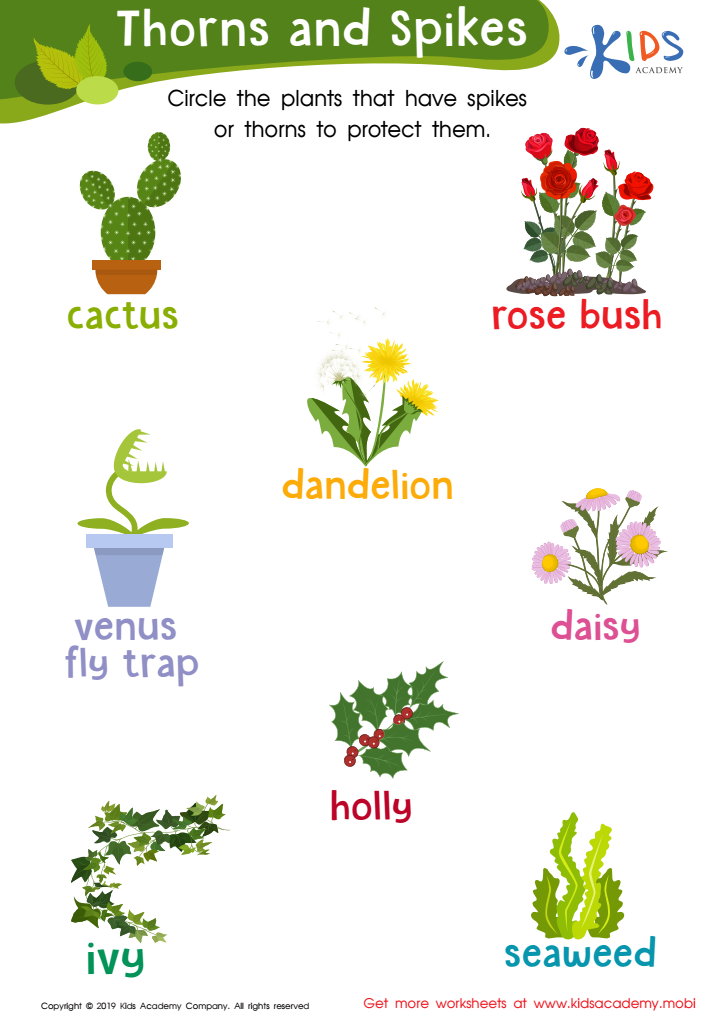

Thorns and Spikes Worksheet
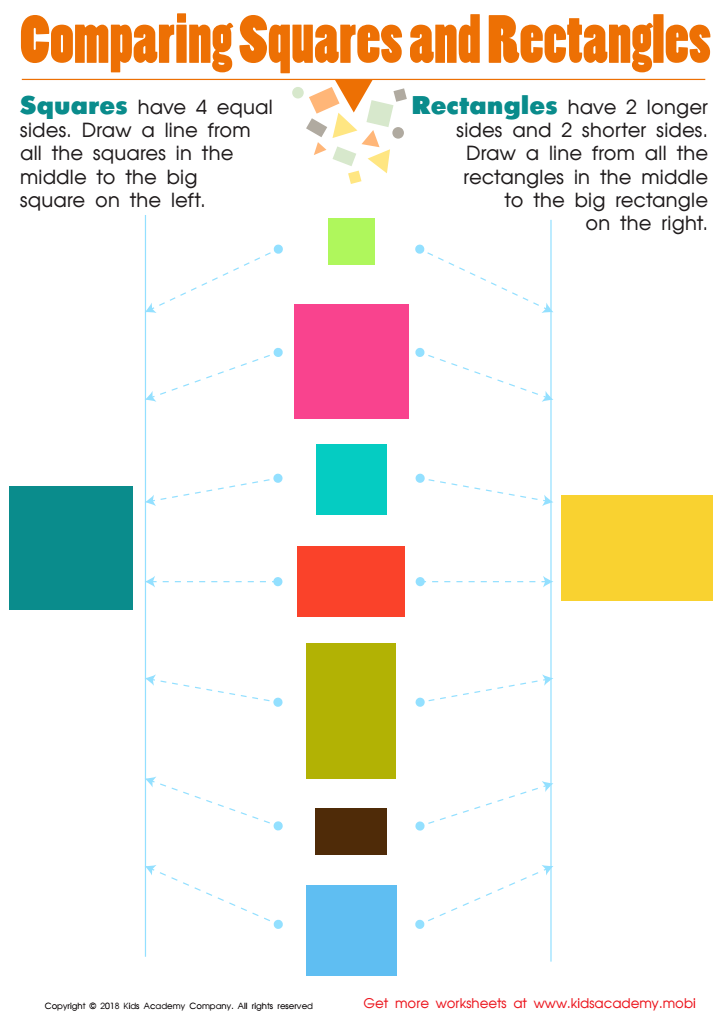

Comparing Squares Rectangles Worksheet
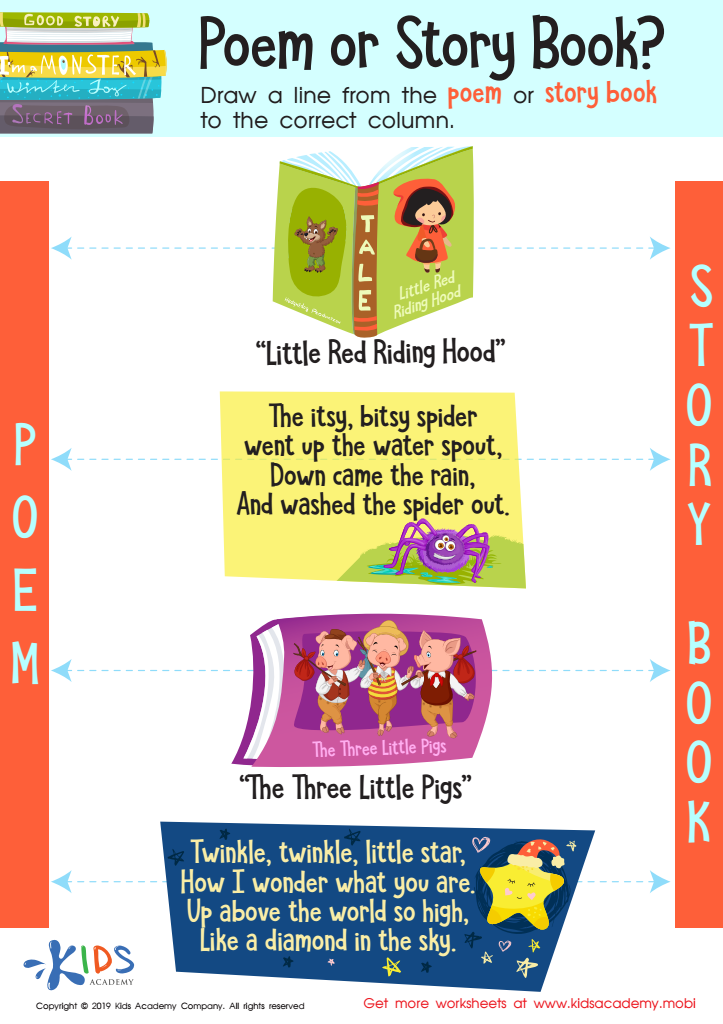

Poem or Story Book? Worksheet
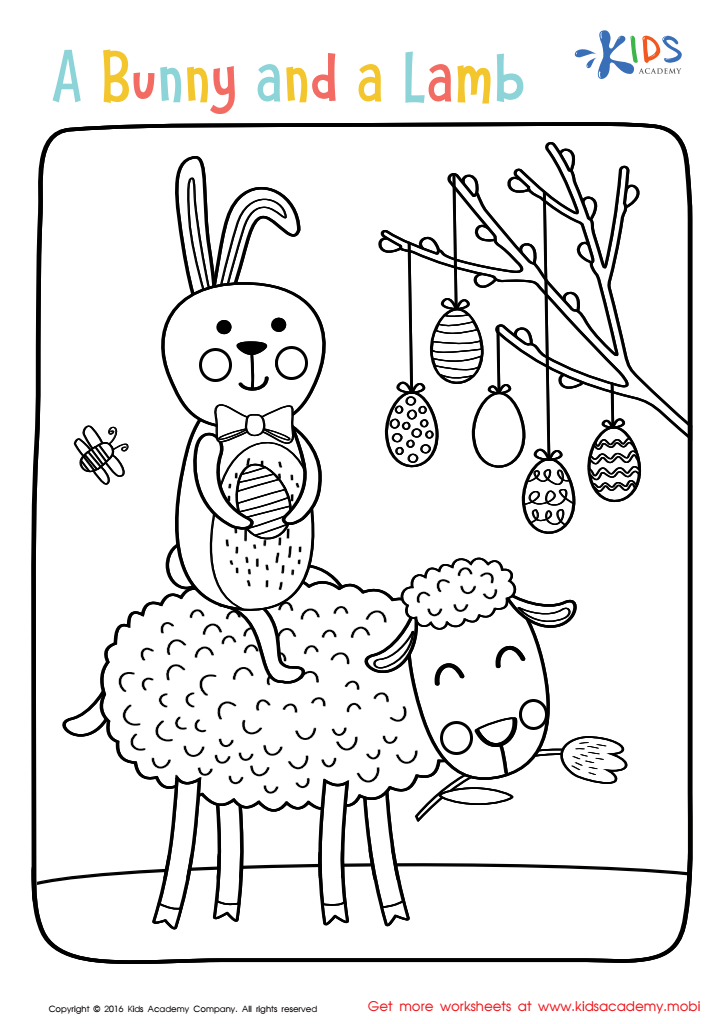

Easter: a Bunny and a Lamb Worksheet


Make the Same Pattern Worksheet
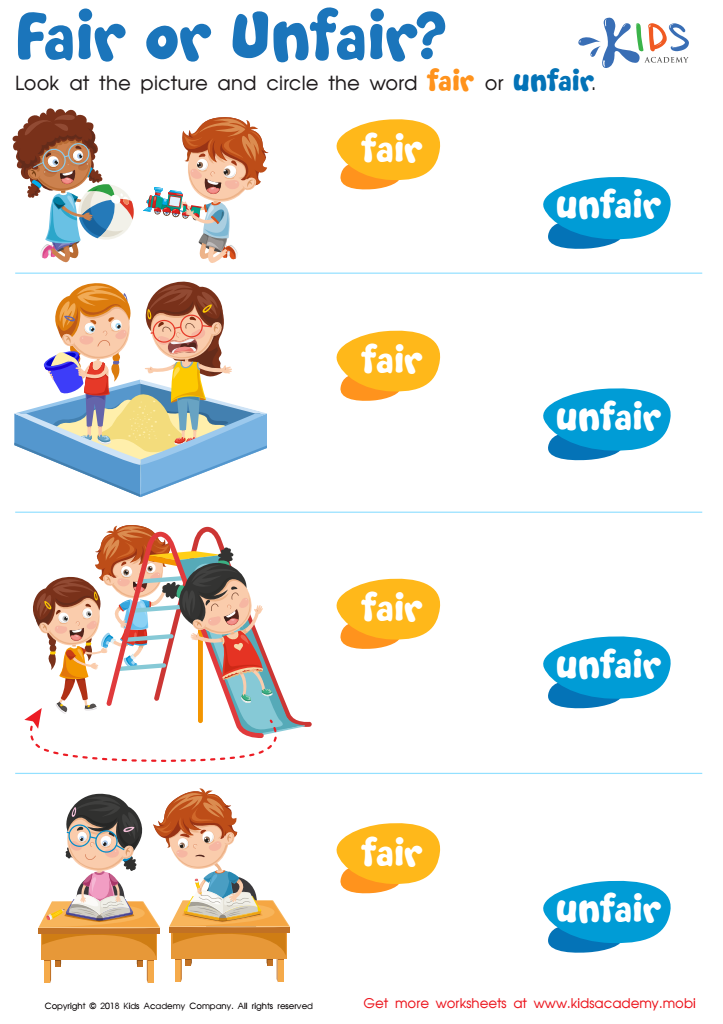

Fair or Unfair Worksheet
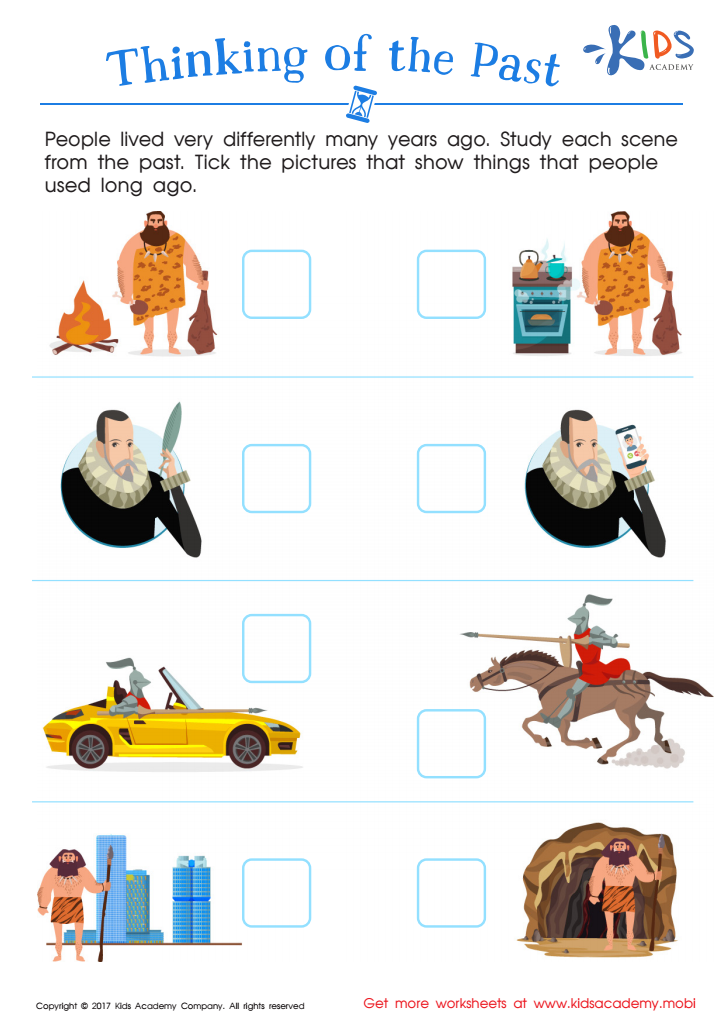

Thinking Past Printable
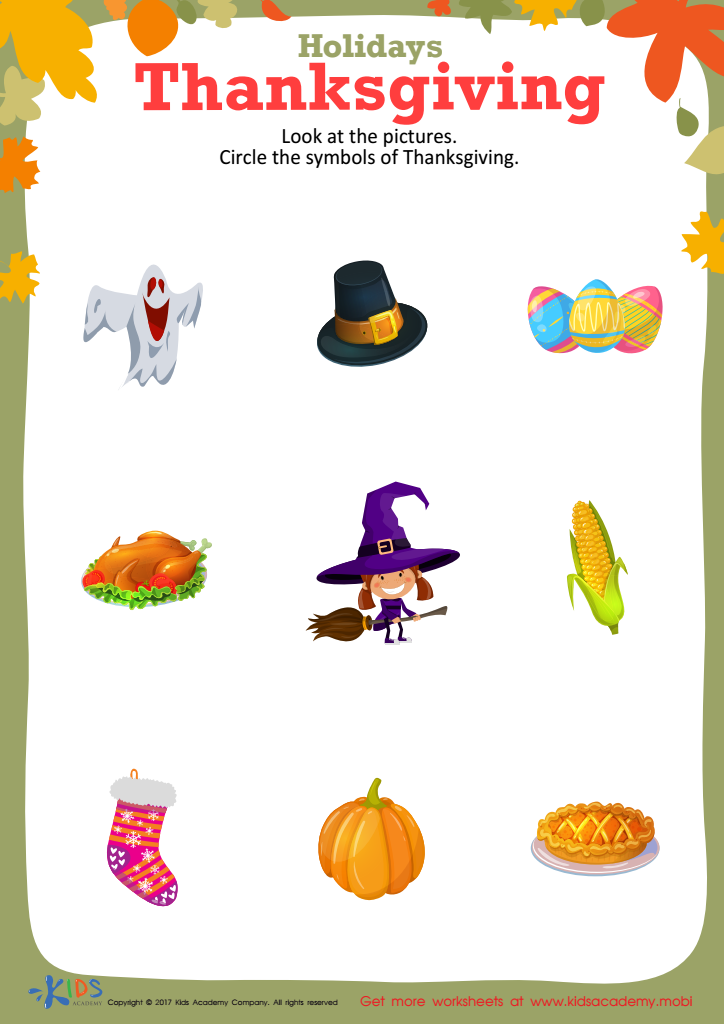

Thanksgiving Holiday Printable
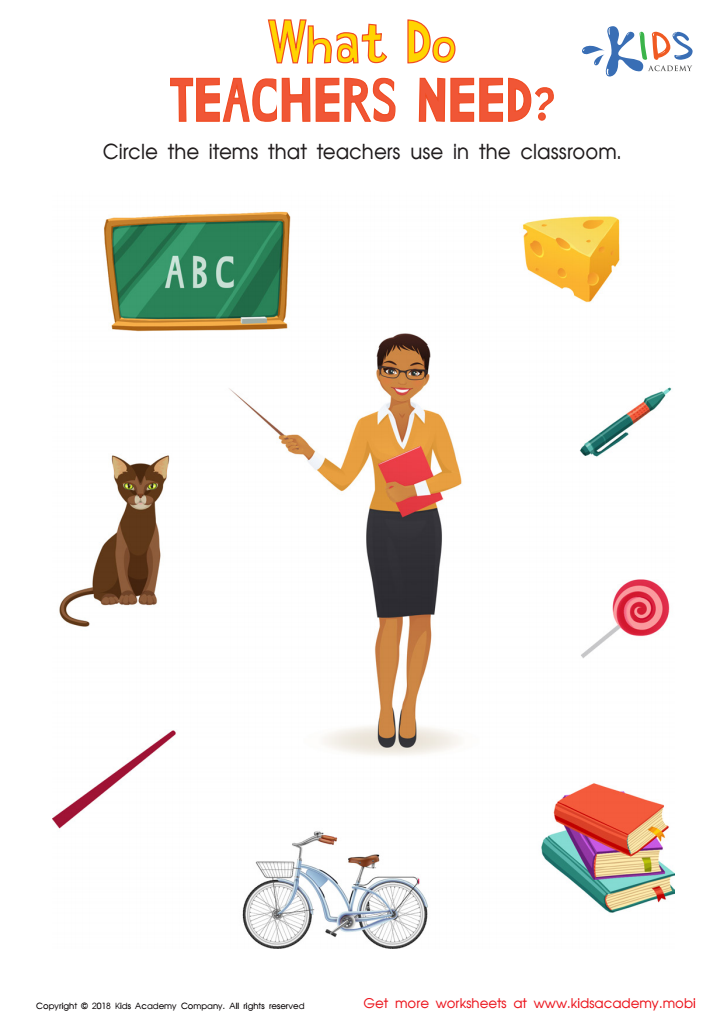

What Do Teachers Need Worksheet
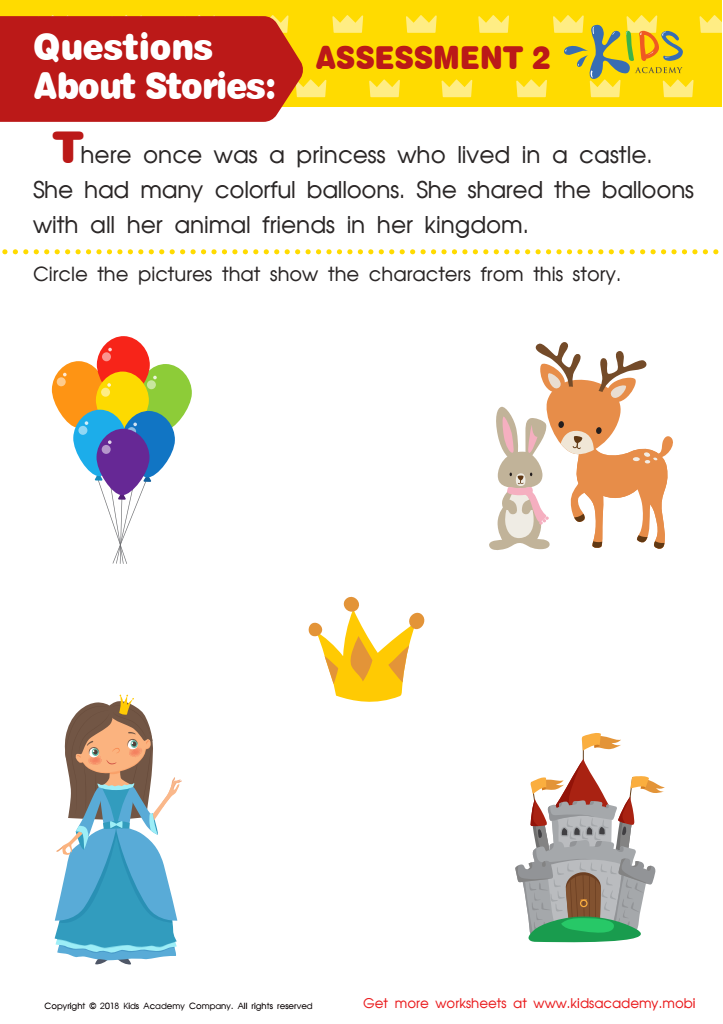

Questions About Stories: Assessment 2 Worksheet
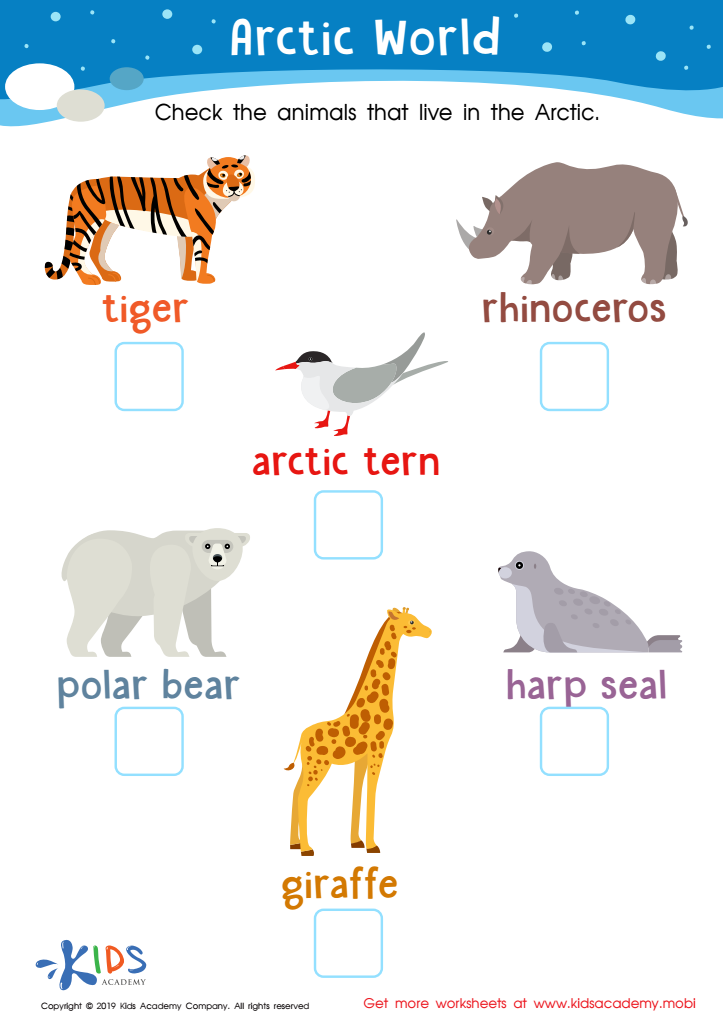

Arctic World Worksheet
Critical thinking is a crucial skill that lays the foundation for lifelong learning and problem-solving. For children ages 3-4, this developmental stage is pivotal as their brains are exceptionally receptive to new information and skills. Introducing critical thinking at this age helps children learn to observe their environment, make decisions, and understand cause and effect.
Parents and teachers play essential roles in nurturing these skills through age-appropriate activities and interactions. For instance, when adults encourage children to ask questions, make choices, and explore different solutions to simple problems, they are fostering critical thinking. These skills not only help with immediate learning, such as understanding stories or engaging in creative play but also set the stage for academic success in areas like mathematics and science.
Critically analyzing their world helps children become more curious and motivated learners, boosting their confidence. Careful nurturing of these skills helps kids develop resilience in the face of challenges. As they grow older, they can apply critical thinking to more complex issues, contributing to thoughtful, informed decision-making in school and in life. Therefore, caring about critical thinking skills at ages 3-4 is an investment in the child's future capability to navigate an increasingly complex world.

 Assign to My Students
Assign to My Students


